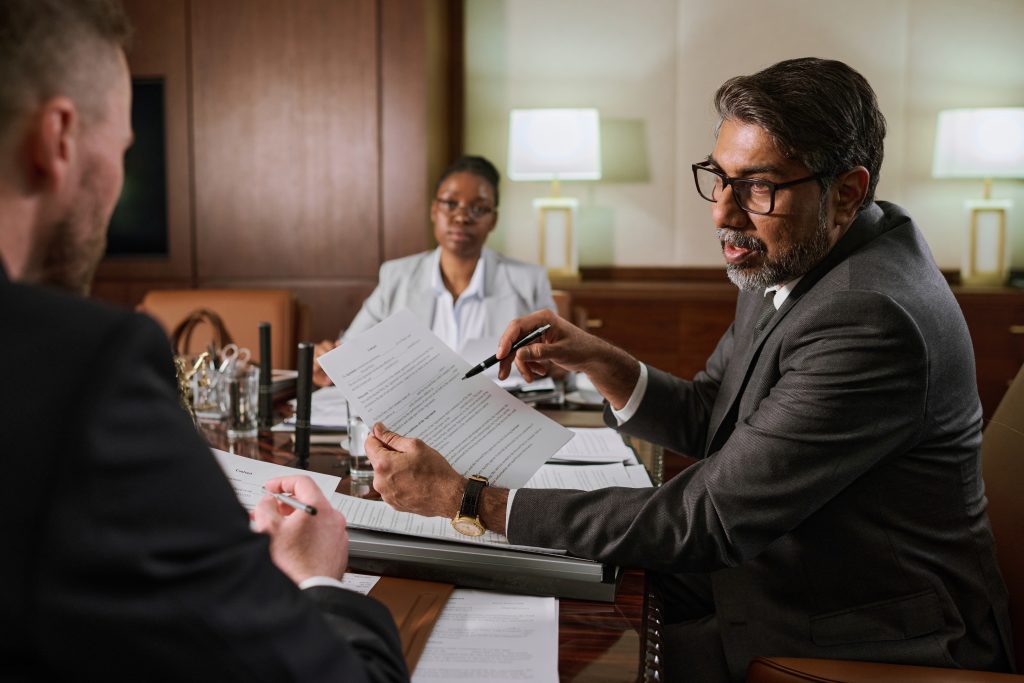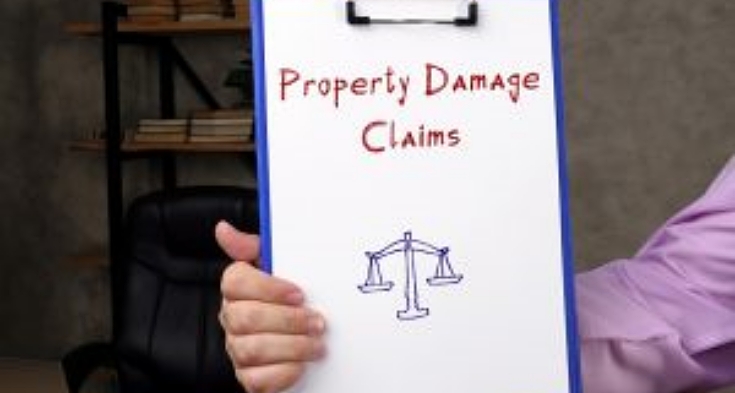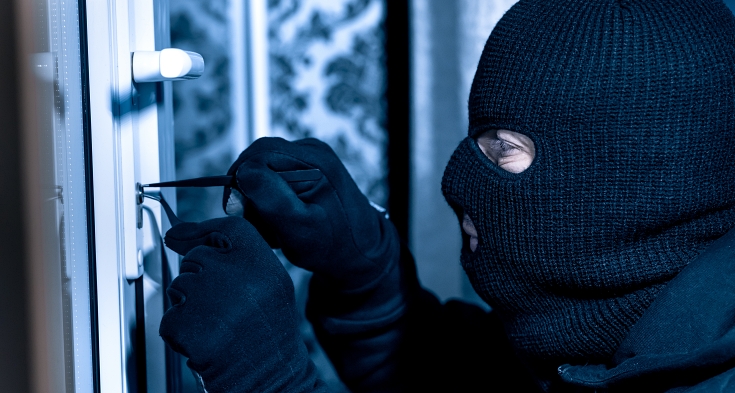
Facing a Uniform Unlicensed Activity (ULA) citation from the Florida Department of Health can feel like a sudden blow to your reputation and practice. Medical professionals and licensees across Florida often find themselves alarmed when they receive an administrative citation, uncertain how to respond, and concerned about potential fines, disciplinary action, or criminal exposure. At Elevate Legal Services, PLLC, we help healthcare providers navigate Florida’s administrative law proceedings and DOH complaints with confidence and clarity.
If you’ve received a ULA citation, don’t wait. Call us at 561-770-3335 or email [email protected] today to connect with experienced counsel at Elevate Legal Services, PLLC, who understand the complexities of Florida health care disciplinary processes and can help you avoid costly missteps.
In this article, we’ll walk through what a Uniform Unlicensed Activity citation entails, how it fits into Florida’s administrative enforcement framework, common scenarios triggering ULA citations, the consequences of inaction, and the most effective strategies to respond—anchored in Florida’s administrative law and regulatory structure. We’ll use terms like DOH complaint response, Florida license defense, administrative hearing in Florida, health care disciplinary process, Florida unlicensed activity defense, and healthcare license protection so that professionals searching for help can easily find this resource.
What Is a Uniform Unlicensed Activity Citation?
A Uniform Unlicensed Activity citation in Florida is an administrative notice issued by the Department of Health when it believes a healthcare provider or facility is engaging in unlicensed practice or assisting in unlicensed activity. Whether issued by the Bureau of Unlicensed Activity, Medical Quality Assurance (MQA), or a related division, the citation typically follows a Cease-and-Desist order and informs the recipient of the specific alleged violations, the applicable statutes, and the amount of the fine, which may range from $500 to $5,000 per incident. Florida’s statutes make clear that each day the violation persists may be treated as a separate offense.
Critically, once a citation is issued, Florida’s administrative law grants you a fixed window, typically 30 days, to contest the citation by filing a petition for hearing before the Division of Administrative Hearings. If you fail to file within that window, the citation automatically becomes a final order. That default outcome can have severe consequences: it may mean you have no hearing right, no opportunity to present evidence, and no way to defend your license through the administrative process. That is why a timely, informed response is essential.
Why ULA Citations Matter so Much
Uniform Unlicensed Activity citations can carry legal, financial, and reputational risks. Financially, fines can escalate quickly if daily violations are counted. Professionally, a final order may trigger further disciplinary proceedings, potentially resulting in sanctions, suspension, or revocation of a healthcare license. In extreme cases, criminal charges may arise, such as misdemeanor or felony penalties, if the practice occurred without a license or if the violation caused harm.
For providers, the stakes include not just the citation itself but also the potential collateral impact. Patients may lose confidence. Employers or insurers might become concerned. Future licensing renewals can be affected. Even if the underlying infraction was unintentional, a lapse in license renewal, an office staff misclassification, or advertising oversights, the citation process often reveals these vulnerabilities. That means every professional should know how to respond strategically and swiftly, with a defense grounded in Florida’s administrative law and healthcare disciplinary process.

Common Scenarios That Trigger ULA Citations
Few providers believe they could face such alumni-level enforcement. Yet several common situations often result in Uniform Unlicensed Activity citations, even when the underlying conduct seemed benign or unintentional.
One frequent trigger is operating on an expired, delinquent, inactive, or otherwise invalidated license. A provider may have submitted a renewal, but if it did not process until after a deadline, DOH retains the right to issue a citation. Another scenario arises when staff members provide regulated services without proper licensure, even if the supervising provider is licensed. Employing or aiding unlicensed staff constitutes aiding unlicensed activity. Office signage, online profiles, or business cards that list protected titles—such as Registered Nurse, Licensed Clinical Social Worker, or Massage Practitioner—without proper licensure are also common causes.
Telehealth introduces additional hurdles. Florida requires either a full Florida license or an Out-of-State Telehealth Provider Registration. Providers licensed in other states who treat Florida patients via telehealth without proper registration may face ULA citations. Facility-level licensing requirements, such as massage establishment permits, administrative home health licenses, or physical therapy clinic registration, can trigger enforcement when the location is not properly registered while operating.
Not every provider receives a ULA citation for intentional misconduct. In many cases, they stem from administrative oversights: using an old title online, missing a renewal deadline by a day, or misunderstanding whether a facility needs its license. Even so, once DOH detects the violation, the uniform citation process initiates, and the clock starts running. Without a proper response, the consequences can feel out of proportion to the mistake.
The Legal Framework Behind ULA Citations
Florida statutes provide the legal foundation for Uniform Unlicensed Activity enforcement. Chapter 456, section 065 of the Florida Statutes authorizes the Department of Health to issue citations ranging from $500 to $5,000 per violation. Each continuing violation, including each day the violation continues, may be counted separately. The rules also permit courts to impose civil penalties and assess attorneys’ fees and investigation costs.
The administrative law structure in Florida protects procedural rights—but only if the recipient exercises those rights. Rules in Chapter 120 of the Florida Administrative Code govern timelines for hearings and petitions. Once a citation becomes final by default, Chapter 120 provides little recourse, except appeals to circuit court, which are expense-intensive and may forfeit many of the hearing protections provided in administrative proceedings. That is why timely action on your part is not just advisable, it is essential.
How to Respond Without Making Costly Mistakes
If you receive a Uniform Unlicensed Activity citation in Florida, the response strategy must balance compliance and defense and be executed with precision.
First, immediately review the citation carefully. Identify the specific violations alleged, including the applicable statutes and dates. Note whether the citation refers to unlicensed practice, aiding unlicensed activity, or both. It may also cite advertising, facility licensure, telehealth registration, or license status.
Next, gather all documents that demonstrate compliance or correction. This may include license renewal confirmation, current licenses, documentation of staff credentials, proof of telehealth registration, evidence of facility permits, corrected advertising materials, and any remedial steps you have taken. These documents will form the heart of your defense.
Then, retain counsel experienced in Florida administrative law and health care regulatory matters. At Elevate Legal Services, PLLC, we assist professionals in filing timely petitions, preparing for hearings, communicating with agency staff, and building a factual record of compliance. We understand the importance of addressing technical violations while protecting the integrity of your practice.
Filing a petition to “request formal proceedings” within 30 days is critical. That petition must be precise, outline your legal and factual defenses, reference evidence, and request a hearing. With counsel, you may also explore negotiating a settlement or informal resolution, especially if the violation was technical or administrative. Sometimes a well-documented response can persuade the Department to rescind the citation or reduce the fine.
If formal proceedings are required, you must be prepared for a hearing before the Division of Administrative Hearings. Your strategy should include a clear legal argument, witness testimony if appropriate, demonstrative exhibits, and cross-examination preparation. At Elevate Legal Services, PLLC, we represent clients through hearing proceedings and help tailor the defense to Florida’s administrative process and healthcare disciplinary standards, maximizing the chance of a favorable outcome.
The Risks of Doing Nothing
Ignoring a Uniform Unlicensed Activity citation or responding without strategic insight can trigger costly consequences. If you let the 30-day window lapse, you automatically waive the right to a hearing and give the citation the force of a final order. That can result in direct fines, disciplinary actions like license suspension, and longer-term professional harm.
Even if the citation stems from a minor administrative oversight, failing to respond can escalate the matter. Daily violations multiplied by enforcement periods can quickly rack up penalties well beyond original expectations. Worse, a final order may be used against you in future licensing or disciplinary scrutiny. What began as a simple clerical error can escalate into a costly legal and reputational crisis.

How Elevate Legal Services, PLLC Helps
When faced with a Uniform Unlicensed Activity citation, legal guidance makes a difference.
At Elevate Legal Services, PLLC, our approach is grounded in Florida administrative law and focused on protecting healthcare professionals’ licenses, reputations, and careers. We begin by reviewing the citation, understanding the facts, and advising on immediate steps to stop violations and preserve your rights. We then gather evidence, prepare petitions, negotiate with agency personnel, or take the case to an administrative hearing if needed.
We pride ourselves on being approachable and listening to your situation. You remain in control while we craft and execute legal strategy behind the scenes. Whether the citation arises from expired licensure, telehealth registration issues, facility licensing, or advertising compliance, we have experience helping licensees resolve or contest DOH complaints and disciplinary proceedings.
Conclusion: Act Fast, Respond Smart
A Uniform Unlicensed Activity citation in Florida is serious—but it does not have to be career-ending. With prompt action, precise documentation, and strategic response aligned with administrative law, many licensees resolve or contest citations successfully. The key is to act quickly and avoid the legal mistakes that turn small administrative errors into major consequences.
If you’re facing a ULA citation, do not delay. Contact Elevate Legal Services, PLLC immediately at 561-770-3335 or [email protected] to secure experienced defense in Florida DOH complaints, administrative hearings, and healthcare disciplinary processes. Let us help you steer toward resolution and safeguard your professional future.





